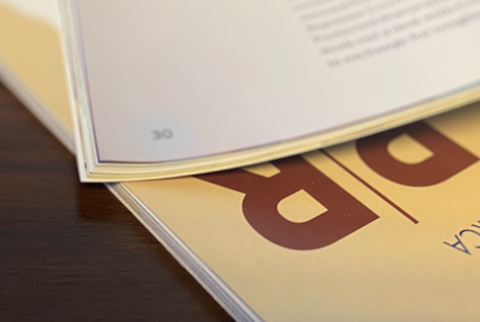Sponsored Content
Empowering Women in Roofing: How TAMKO’s Commitment Strengthens Contractors and the Industry
TAMKO’s long-standing support of National Women in Roofing (NWIR) reflects a core belief that when the industry grows stronger, contractors do too. As a founding sponsor of NWIR, TAMKO continues to invest in education, mentorship, and leadership opportunities that uplift women at every stage of their roofing journey—an investment that ultimately supports contractors through a more skilled, collaborative, and innovative workforce.
This support goes far beyond just sponsorship. It is a deliberate effort to help expand the roofing talent pipeline, create more inclusive jobsite and office environments, and cultivate leadership that benefits the entire contractor community. “Supporting organizations like NWIR is a key focus for our team here at TAMKO”, said TAMKO’s Director of Communications, Konner McIntyre. “It’s very important to who we are as a company to commit to the growth of our industry - and that includes supporting organizations like NWIR”.
NWIR provides women with vital access to training, certifications, and hands-on learning opportunities—resources that help strengthen roofing companies from the inside out. As Julie Weissenberger, TAMKO Tuscaloosa General Manager, shared, being part of NWIR “is a reminder of how powerful it is when women support each other,” noting that mentorship and collaboration build confidence and open doors across the industry.
For contractors, this translates into tangible advantages. Teams gain stronger communication, deeper jobsite collaboration, and a wider range of skills that support efficient, high-quality work. Contractors who encourage employees to engage with NWIR often see improved retention and a more motivated workforce—key factors in today’s competitive labor environment.
The benefit extends beyond internal teams. Every year, National Women in Roofing Day brings together professionals across roles and regions for networking, training, and industry trend discussions. TAMKO team members attend alongside contractors and their employees, creating opportunities for shared learning and stronger relationships. Southwest Regional Sales Manager Crystal Stone emphasized how these events help “grow awareness, build connections, and strengthen the presence of women in the roofing industry,” reinforcing the value of community-driven growth.
By supporting NWIR’s mission, TAMKO helps create an industry where more voices contribute to solutions, innovation accelerates, and roofing companies have greater access to knowledgeable, prepared professionals. It also aligns with TAMKO’s commitment to cultivating a culture of continuous improvement—an approach that benefits both employees and the contractors they serve.
At its core, TAMKO’s involvement with NWIR underscores a belief that empowering people elevates the entire industry. Whether through mentorship, collaboration, professional development, or leadership opportunities, the company’s support contributes to a stronger, more dynamic roofing community—one where contractors gain the advantage of skilled and engaged teams who are ready to grow.
Contractors looking to enhance their workforce, expand leadership opportunities, and strengthen company culture are encouraged to explore how involvement with NWIR can support their business goals. With TAMKO’s continued commitment, the path toward broader industry inclusion and advancement grows stronger every year.

